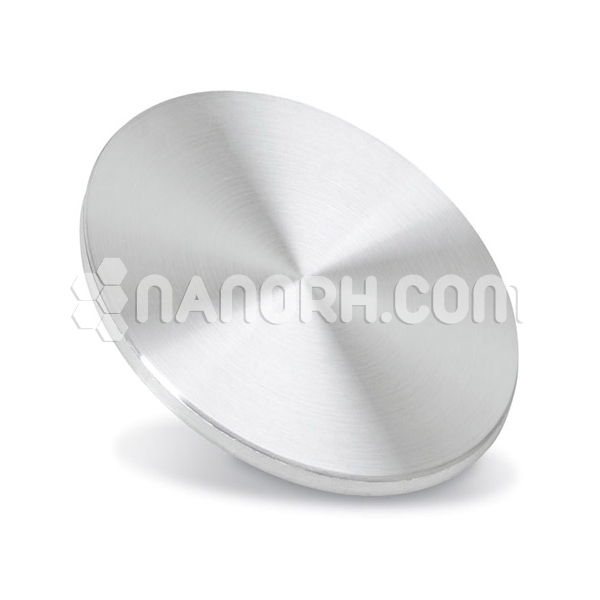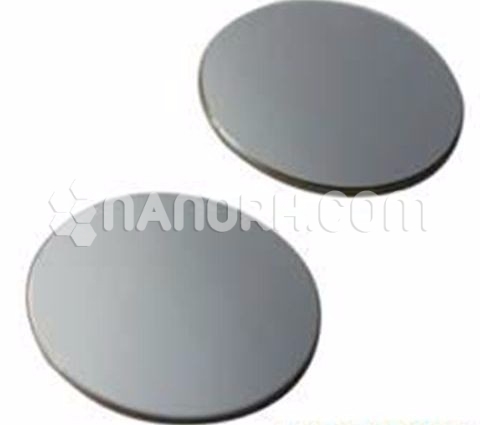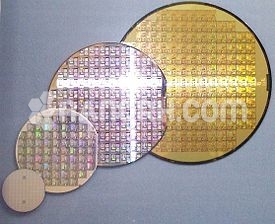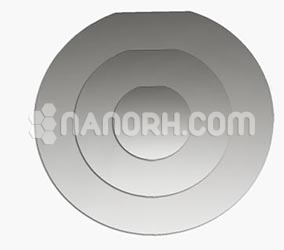| Lithium Titanate Sputtering Targets | |
| Product No | NRE-43251 |
| CAS No. | NA |
| Formula | Li4Ti5O12 |
| Molecular Weight | 109.75 |
| Purity | >99.9% |
| Density | NA |
| Thickness | 3 mm ± 0.5mm (can be customized) |
| Diameter | 50 mm ± 1mm (can be customized) |
| Shape | Round |
| Resistivity | NA |
| Thermal Conductivity | NA |
Lithium Titanate Sputtering Targets
Introduction
Lithium Titanate (Li₄Ti₅O₁₂) is a lithium-inserted oxide known for its exceptional electrochemical properties, particularly in energy storage applications. It stands out for its ability to deliver high power density, rapid charging capabilities, and long cycle life. Lithium titanate is increasingly used in lithium-ion batteries, especially in applications where fast charging and high safety are paramount, such as in electric vehicles and grid energy storage systems.
Sputtering Targets made from lithium titanate are used in thin film deposition processes, facilitating the creation of high-performance films for various electronic and energy-related applications.
Applications
Lithium-Ion Batteries:
Anode Material: Lithium titanate is primarily used as an anode material in lithium-ion batteries, providing high power density and fast charging capabilities, making it ideal for applications in electric vehicles, hybrid systems, and rapid-charging stations.
Thin Film Batteries:
Sputtered lithium titanate films can be employed in the fabrication of thin film batteries, which are essential for miniaturized devices and flexible electronics, including wearables and portable gadgets.
Supercapacitors:
Lithium titanate is explored in supercapacitor applications due to its excellent cycling stability and fast charge/discharge characteristics, offering high energy and power density.
Energy Storage Systems:
The material is increasingly utilized in large-scale energy storage systems, where its rapid charge/discharge capabilities can help stabilize grid operations and support renewable energy integration.
Electrochemical Sensors:
Lithium titanate’s electrochemical properties make it suitable for use in sensors designed to monitor lithium ions and other chemical species.




